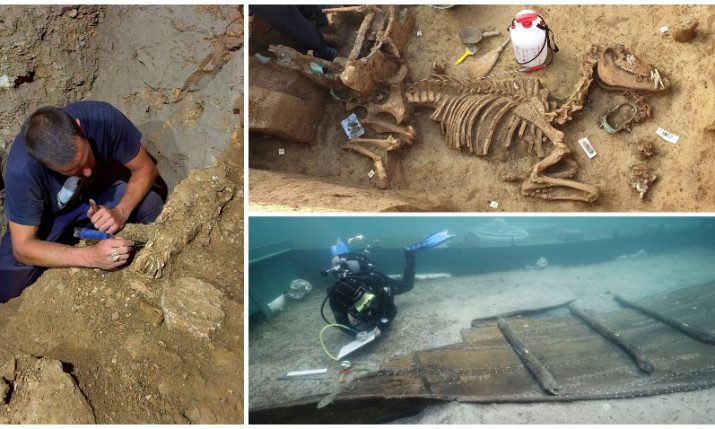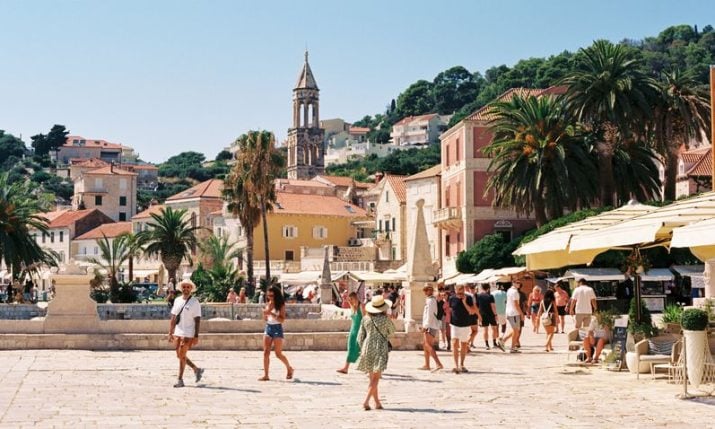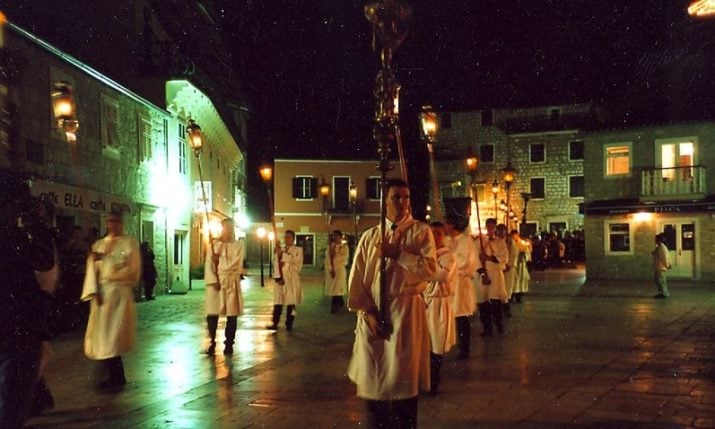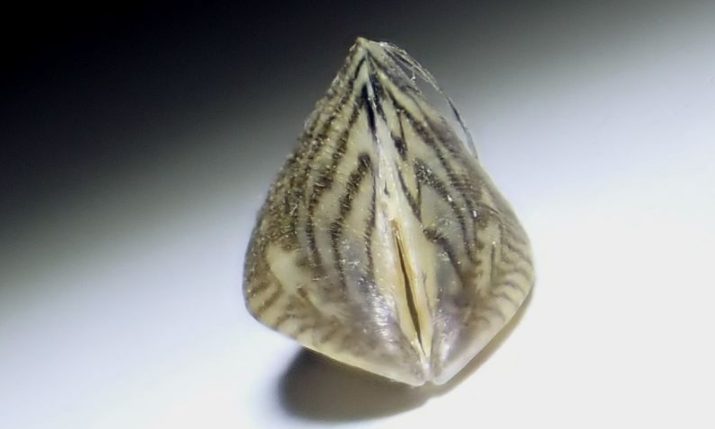Epidemiologist: Period of isolation to be reduced to 10 days
- by croatiaweek
- in News
ZAGREB, Sept 21 (Hina) – Head of the Croatian Institute for Public Health (HZJZ) Krunoslav Capak announced on Monday that isolation for people who have been infected with the coronavirus would be shortened from 14 to 10 days.
Talking to N1 commercial broadcaster, Capak said the most important change relates to criteria to end isolation. HZJZ documents that were released today note that isolation lasts for ten days instead of the 14 as was the case until now.
“The latest data indicates that a person’s infectiousness declines significantly after seven days. After ten days that person is no longer contagious. There is no need for them to be in isolation for more than 10 days. If they have not had a temperature or symptoms in the preceding 24 hours, they can come out of isolation, with the exception of serious cases,” said Capak.
He underscored that people who had been positive or have evidence that they have recovered from the infections, do not need to go into self-isolation for a period of three months, upon their recovery, even if they come into contact with an infected person.
The epidemiologist added that the criteria for testing will not change significantly except for students in dormitories and for people attending medically related courses and they will be treated as medical staff. Medical staff, people at risk and people who work in aged care facilities will continue to have priority for testing, he added.
Capak explains that today’s figure of 70 new cases of the virus does not match the reality as COVID clinics work shorter hours during the weekend with less staff and fewer tests are conducted, however, it is a good sign that for two days the numbers have been declining.
As far as the spike in numbers over the summer is concerned, Capak said that this was more manifest at the end of August. “It takes some time for more complicated cases of the disease to appear and for someone who needs to be put on a ventilator to succumb to the disease,” he said.
People with grave symptoms, with chronic diseases or some other underlying conditions, are hospitalised, he said, adding that there were about 2,500 such cases while a little under ten percent of those with such grave symptoms die.
Currently, there are no clusters anywhere in Croatia but we will need to follow the consequences of the folklore festival in Vinkovci and the pride parade in Zagreb which were held last weekend, where a lot of people gathered, he said.









